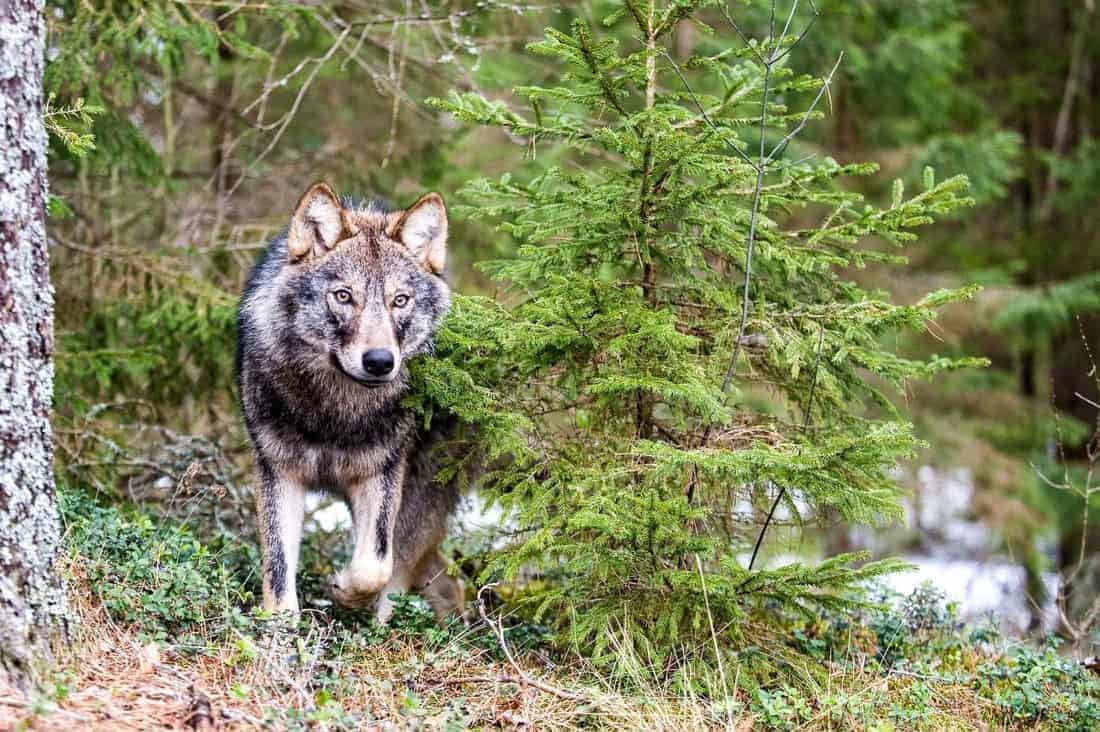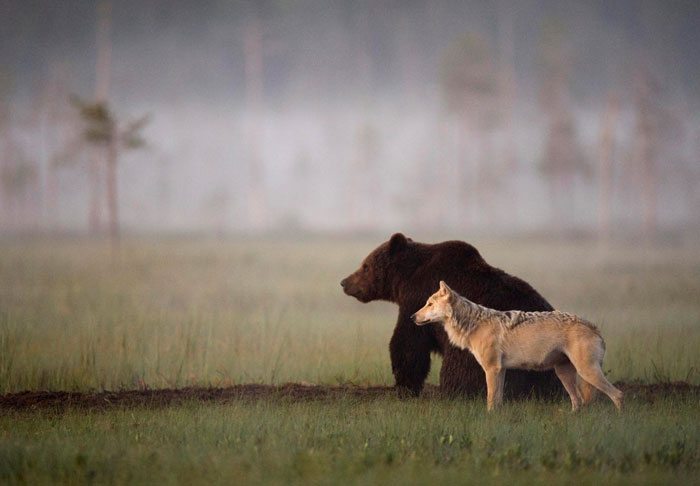Nature is continuously under pressure from infodemics
With the spreading of the coronavirus, another worrying phenomenon occurred: an infodemic. Information about the COVID-19 virus spread faster across the world than the virus itself. Some of this information was accurate, some not. Yet, due to the overabundance of information, it became difficult for people to identify reliable sources of information about the virus. As the CNN reported, the World Health Organisation recognises this as a serious situation that society needs to handle.
Please also read: Wolf culling and the role of media
Is the coronavirus-infodemic unique?
Social media platforms play an important role in society nowadays, providing information that can spread fast and far. The danger lies in the fact that nowadays entire campaigns aim to spread sophisticated misinformation. Social media platforms like Facebook pledged to take steps to stop the spreading of misinformation, but it remains a difficult challenge.
The infodemic about the coronavirus is not unique. There are many infodemics that dilute the access to true and fact-based information. Due to these infodemics, nature is also under enormous pressure in the light of the climate crisis that we are facing.
We probably all remember the campaigns which continue even today, which claim that climate change is fake news. And remember the reports about the Australian wildfires, where some messages claimed that people started the fires on purpose? And of course, the news about the big bad wolf in Europe.
The anti-wolf infodemic
Thirty years ago, the wolf population started to recover and recolonise areas where they were hunted to extinction a century before. Since then, an anti-wolf infodemic has been making headlines all over the news and especially social media. Still today, the anti-wolf movement continuously talks about blood-thirsty wolves. Even the forests would no longer be safe for young children. This all to cause public unrest and a hostile attitude towards the wolf.
In the meantime, governmental bodies and nature conservation organisation try to provide accurate information about the behaviour of wolves, and that coexistence with wolves is possible. Fact-based evidence that shows that killing wolves is less effective than implementing herd protection. Yet, this is simply flooded by pictures of dead sheep that were out in the field without sufficient protection measures.
Livestock protection moving forward
Despite the anti-wolf campaigns, many people agree that killing wolves is not a viable solution to the challenge. The European Wilderness Society has recognised that many farmers are willing to implement livestock protection measures, to minimise the conflict with wildlife. Cooperating with leading farming associations in the Alpine region, we have submitted a LIFE project that addresses livestock protection to ultimately decrease the conflict between people and wolves.








